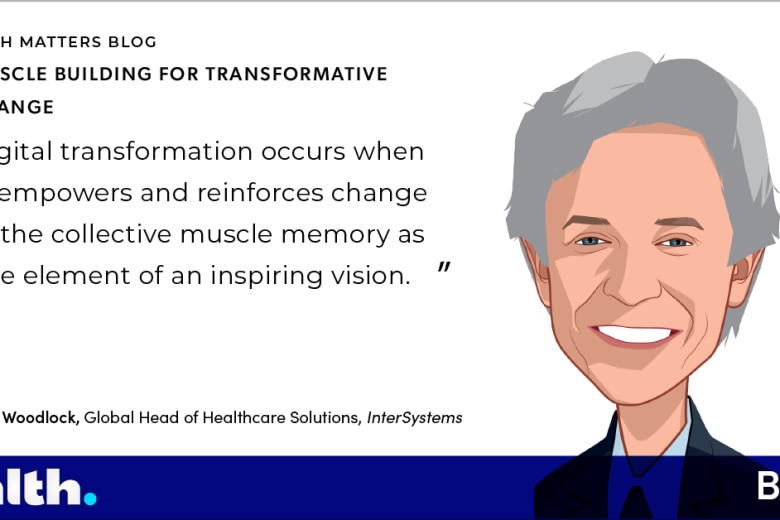As HIMSS18 approaches, now more than ever, our collective focus should be on bringing together the information that matters to address healthcare’s biggest challenges. Comprehensive, actionable information delivered at the right time and in the right format is essential for empowering constituents across the entire care ecosystem.
To that end, I suspect the following themes will undoubtedly run throughout the conference and beyond:
- Connected health
- Interoperability
- Analytics
- A unified health record
- A united care ecosystem
The widely discussed EHR interoperability challenge plagues every nook and cranny of the healthcare system. But what excites me about HIMSS this year is hearing from our customers and the industry at large about how they are leveraging active analytics and shared care records to meet the challenges that matter most to care providers.
My team has been doing some research into the unmet information needs of healthcare providers. They consistently tell us that the patients for whom they have both clinical and fiscal responsibility get care all over the place.
One striking statistic: The average Medicare patient sees seven providers from four different organizations per year – and many see far more.
When we ask providers what would benefit them most from a clinical standpoint, they tell us it is having a single view of the patient across all those providers, organizations and different EMRs. That’s why I’m looking forward to hearing from people like Theo Siagian from Providence St. Joseph Health and Matt Simon from Himformatics talk about how a connected health record is foundational to successfully managing population health and risk under value-based care for Providence St. Joseph Health in California.
If the goal is to make care safer and more efficient, we need to have a complete understanding of current processes in place. That includes care beyond the walls of any single provider organization. Which is why Dr. Jason Shapiro of Mount Sinai Hospital is teamed up with Tom Moore of Healthix to talk about about using a city-wide care record to identify ED “frequent fliers” and provide them with more effective case management services.
Care coordination not only makes the patient’s life easier (and their care delivery better), but it also is in the best interest of any care organization. Well-coordinated care:
- Reduces readmissions
- Emergency department visits
- Unnecessary hospitalizations, among other adverse events.
Yet, this level of care coordination requires effective communication across the entire care ecosystem using what we think of as “active analytics” – the real time application of logic within clinical workflows - to enhance that collaboration.
One of the most innovative uses of active analytics I have seen that effectively tackles these communications challenges is the Rhode Island Quality Institute’s Current Care for Me designee alerts program. It delivers alerts to patient proxies for Rhode Island family members or supportive friends when that patient ends up in the emergency room. This kind of citizen empowerment can ensure that no one falls through the cracks in the health system – a critical capability when coordinating care for an elderly parent or when grappling with the realities of opioid addiction.
Tying together the critical information that surrounds a patient’s healthcare journey—both within the EMR and outside of it—is the key to better-connected health. Modern healthcare demands that we deliver the right information to providers at the right time and in the right format and for the people who matter most: the patients.
See what’s possible when you have the information that matters at booth #4444 during HIMSS18.
Originally published on HIMSS.org and HIMSSConference.org, February 16, 2018.




































